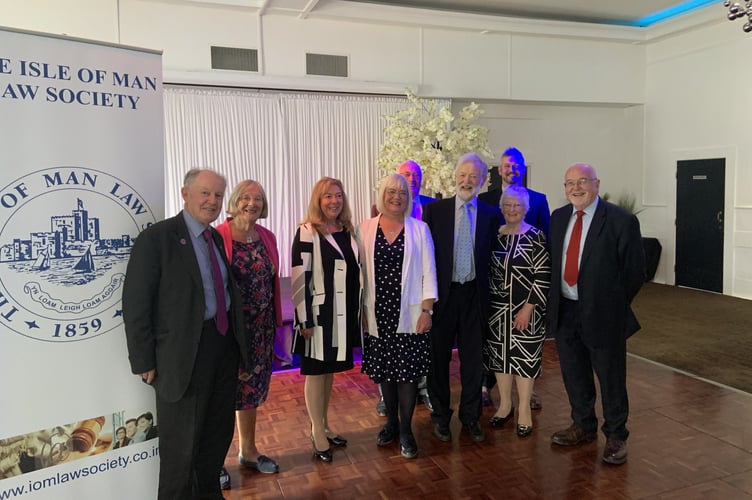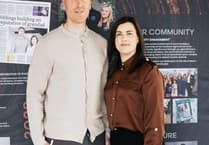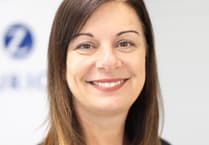Half a century after the first woman was called to the Manx Bar, the Isle of Man Law Society has celebrated the occasion with an official lunch.
At an event attended by members of the island’s judiciary, the Attorney General and Lady Lorimer, alongside many of the island’s legal professionals, the guest of honour was Clare Faulds.
She became the island’s first female advocate in 1973 and, in 1996, the first female Manx advocate to be commissioned as a Judge and one of the first qualified mediators locally.
Yet her career pathway was far more than a professional milestone but an achievement which has inspired generations that have followed, both opening the door to other women entering the legal profession and showing that gender is no bar to being a successful lawyer in the island.
Ms Faulds told guests the door was not closed but she was merely the first to walk through it. However, she was acknowledged as a figure who showed other women that the Manx legal profession was open and that gender was no bar to being a successful lawyer in the jurisdiction.
Reflecting on 50 years ago, the statement made by Ms Faulds when she was commissioned as the first female Manx advocate was described as ‘trailblazing’ and ‘inspired’ and gave confidence to those that followed.
Hot on her heels were Jackie Karran and Sharon Roberts who, like Ms Faulds, helped push the profession forward with achieving gender equality.
Ms Roberts was the first female president of the Isle of Man Law Society, serving between 2009 and 2011, and also the first Manx female advocate to be appointed as a permanent Deemster.
In fact, since Ms Roberts took up the presidency of the Isle of Man Law Society, more women have held the position than men.
Speaking at the lunch, the president of the Law Society, Vicki Unsworth, said: ‘The Isle of Man was some 50 years behind England and Wales, whose first female barrister and solicitors were commissioned in 1922. Happily, however, the Manx profession has now overtaken the English profession in achieving gender equality’.
Female avocates now make up 52 per cent of the society’s membership, a number that would have been unthinkable when Ms Faulds was commissioned.





Comments
This article has no comments yet. Be the first to leave a comment.